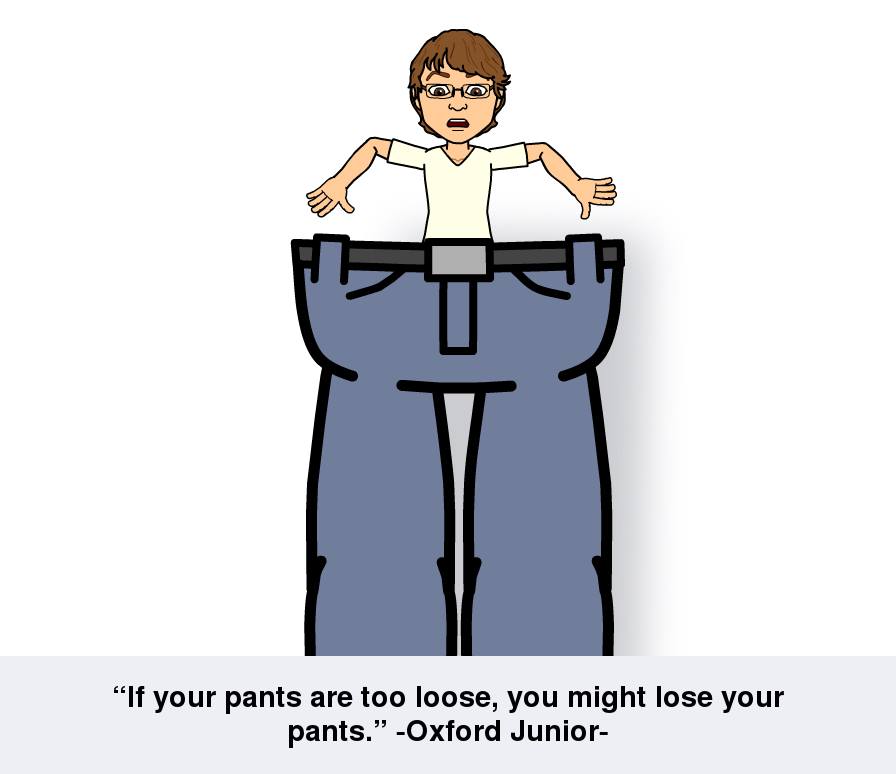

The Institute of Medicine recommends adult males consume 3.3 liters of water per day, and adult women drink 2.3 liters.

Worldwide, 16-28% of adults have dehydration. How much water should I drink per day to lose weight?
However, the researchers note that there is insufficient evidence to support the use of weight loss apps as a stand-alone therapy for weight management. Do weight loss apps really work?Īccording to recent research, weight loss apps may be beneficial as a low intensity weight loss approach, or alongside other weight loss therapy. Here we answer some common questions about these apps. People may also stop using an app to avoid negative attention for not sticking to a meal plan.įrequently asked questions about diet and weight loss apps Some potential reasons for loss of motivation include a lack of time or energy and seeing slow results. However, the review also notes that people may find it difficult to stay motivated when using weight loss apps. improving nutrition in people with chronic conditions, such as cardiovascular disease.lowering blood sugar in people with type 2 diabetes.encouraging people to be more physically active.

One study found that adults who used a smartphone app alongside a weight loss program lost more weight than those who took on the weight loss program alone.Ī 2020 systematic review of the effectiveness of weight management apps states that people perceive their eating habits and weight loss to be better while using the apps.Īdditionally, the researchers suggest that these apps have several benefits as a low-intensity form of weight management, such as: Learn more about the benefits of exercise here. People with these conditions are at an increased risk of diabetes, heart disease, and other health conditions.Īdopting a healthy diet and engaging in regular physical activity can help people reach their health and fitness goals. Overweight and obesity affect around 2 in 3 adults in the United States.


 0 kommentar(er)
0 kommentar(er)
